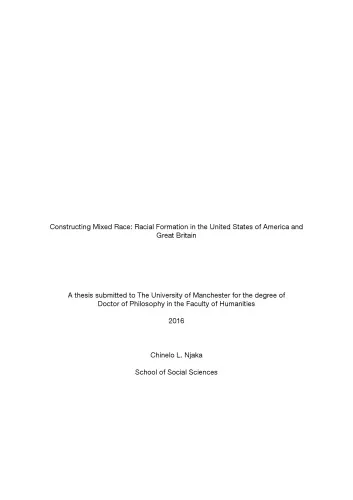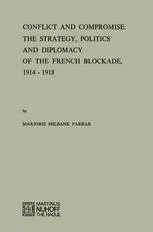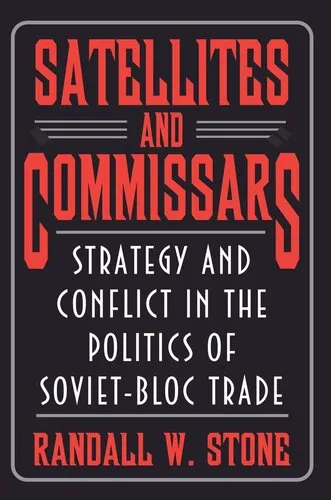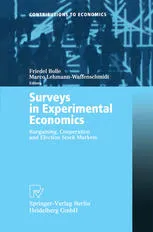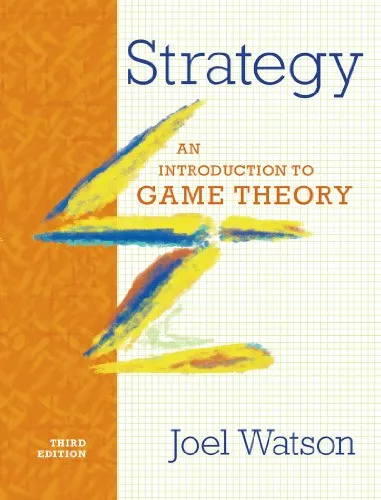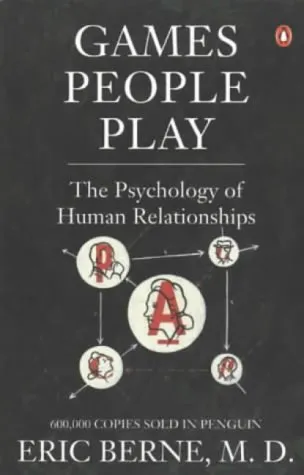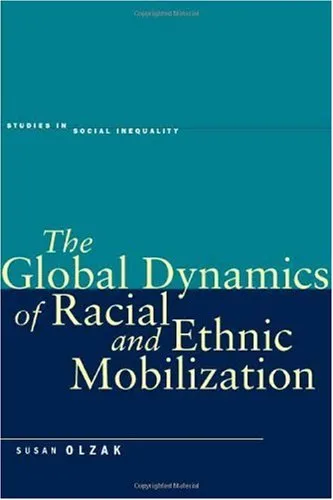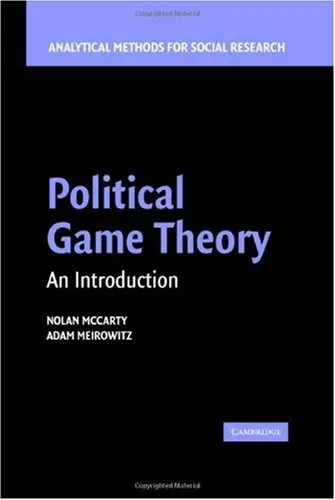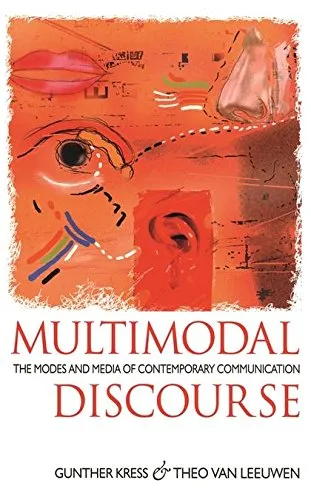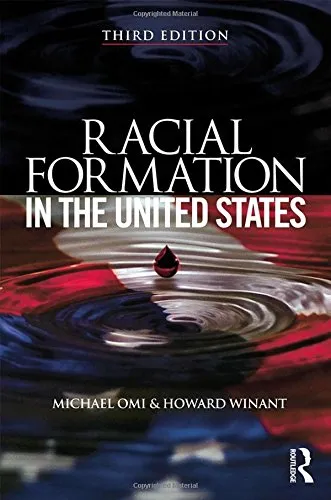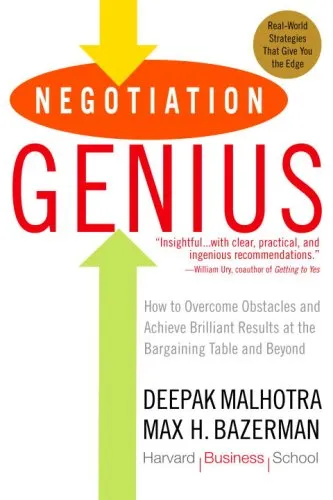Constructing Mixed Race: Racial Formation in the United States of America and Great Britain
4.5
Reviews from our users

You Can Ask your questions from this book's AI after Login
Each download or ask from book AI costs 2 points. To earn more free points, please visit the Points Guide Page and complete some valuable actions.Related Refrences:
Introduction to Constructing Mixed Race: Racial Formation in the United States of America and Great Britain
Constructing Mixed Race: Racial Formation in the United States of America and Great Britain offers a comprehensive exploration of one of the most complex and evolving aspects of identity: mixed race. In this work, I unravel the intricate processes shaping racial identity in two distinct yet interconnected cultural and historical contexts, providing compelling insights into race, hybridity, and social stratification. Grounded in critical race studies, sociology, and postcolonial theory, this book investigates not only the individual experiences of racially mixed individuals but also the broader sociopolitical structures that define and regulate racial categories.
The concept of "mixed race" has long been a challenging and contested space in conversations about race and identity. In the United States and Great Britain, colonial histories, laws, and migration patterns have deeply influenced how mixed racial identities are constructed and classified. This book seeks to uncover the ways in which these histories interact with contemporary perceptions and policies, ultimately shaping how mixed race individuals navigate their identities in modern society. Through an intersectional framework, I illuminate stories, perspectives, and voices that have been historically marginalized, challenging the reader to rethink binaries of race and belonging.
This introduction lays the groundwork for the detailed discussions ahead, centering on three central questions: How are mixed race identities constructed in both countries? How do historical legacies of colonialism influence contemporary experiences? And what can we learn from examining these two nations side by side? By addressing these questions, I aim to contribute to a growing discourse on identity, race, and the shifting sands of social belonging in the globalized world.
Detailed Summary of the Book
The book is structured into several sections, each tackling the nuanced and multifaceted aspects of mixed race identity. To begin, I delve into the historical underpinnings of racial categorization, tracing processes of racial construction from the colonial period to contemporary times. In the United States, racial constructs such as the "one-drop rule" have contributed to rigid boundaries of racial identification, whereas in Great Britain, a colonial "subjecthood" model shaped the fluidity of racial labeling. Both systems, though different in design, share roots in imperialistic ideologies of domination and exclusion.
In subsequent chapters, I explore personal narratives from racially mixed individuals, analyzing the ways in which they navigate social, cultural, and familial spaces. These narratives reveal tensions between imposed categorizations and self-identification, offering deep insights into the lived realities of those who challenge the binary constructs of race. Complementing these narratives, the book also investigates the cultural representations of mixed race in media, literature, and art, demonstrating how the mixed race identity has been both celebrated and problematized over time.
The book concludes by exploring theoretical implications and future trajectories. I present the concept of "racial hybridity" as a means of understanding the porous and constructed boundaries of racial identities in a globalized world. By comparing the racial formations in the United States and Great Britain, I argue for the importance of historical context in shaping identity while advocating for a more inclusive, pluralistic understanding of race.
Key Takeaways
- The construction of race is deeply tied to historical, social, and political systems, particularly colonialism and imperialism.
- Mixed race identities challenge binary notions of race, fostering dialogues about inclusion, structural racism, and hybridity.
- Comparing racial formation in the United States and Great Britain reveals unique national contexts but shared legacies of exclusion.
- Understanding mixed race identity requires a multifaceted approach that combines personal narratives, cultural analysis, and historical research.
- The increasing visibility of mixed race individuals provides opportunities to rethink and reshape societal definitions of race and identity.
Famous Quotes from the Book
"Racial identity is neither static nor innate but a living construct shaped by history, power, and societal narratives."
"To be mixed race is to inhabit a liminal space — a borderland where identity is neither fixed nor wholly fluid, but instead a negotiation."
"By understanding mixed race identity, we challenge not only the construct of race but also the hierarchies it has perpetuated."
Why This Book Matters
Constructing Mixed Race is a significant contribution to the discourse on race and identity, especially in a world where globalization and migration have created increasingly multicultural societies. By focusing on the experiences of mixed race individuals, this book brings visibility to a group often overlooked in mainstream racial debates and offers insights that address broader themes of belonging, marginalization, and integration.
What sets this book apart is its comparative approach. By examining the United States and Great Britain side by side, I illuminate how differing histories of colonization, immigration, and social stratification have shaped distinct racial formations. This dual perspective not only enriches our understanding of mixed race identity but also highlights the universality of racial constructs across national contexts.
For scholars, activists, and anyone interested in the intersections of race, identity, and society, this book provides a critical lens to challenge preconceived notions and explore new frameworks for understanding racial diversity. It matters because it advocates for inclusivity, dismantles divisive categorizations, and champions the human ability to redefine ourselves beyond the confines of history and societal expectation.
Free Direct Download
You Can Download this book after Login
Accessing books through legal platforms and public libraries not only supports the rights of authors and publishers but also contributes to the sustainability of reading culture. Before downloading, please take a moment to consider these options.
Find this book on other platforms:
WorldCat helps you find books in libraries worldwide.
See ratings, reviews, and discussions on Goodreads.
Find and buy rare or used books on AbeBooks.
1485
بازدید4.5
امتیاز0
نظر98%
رضایتReviews:
4.5
Based on 0 users review
Questions & Answers
Ask questions about this book or help others by answering
No questions yet. Be the first to ask!
